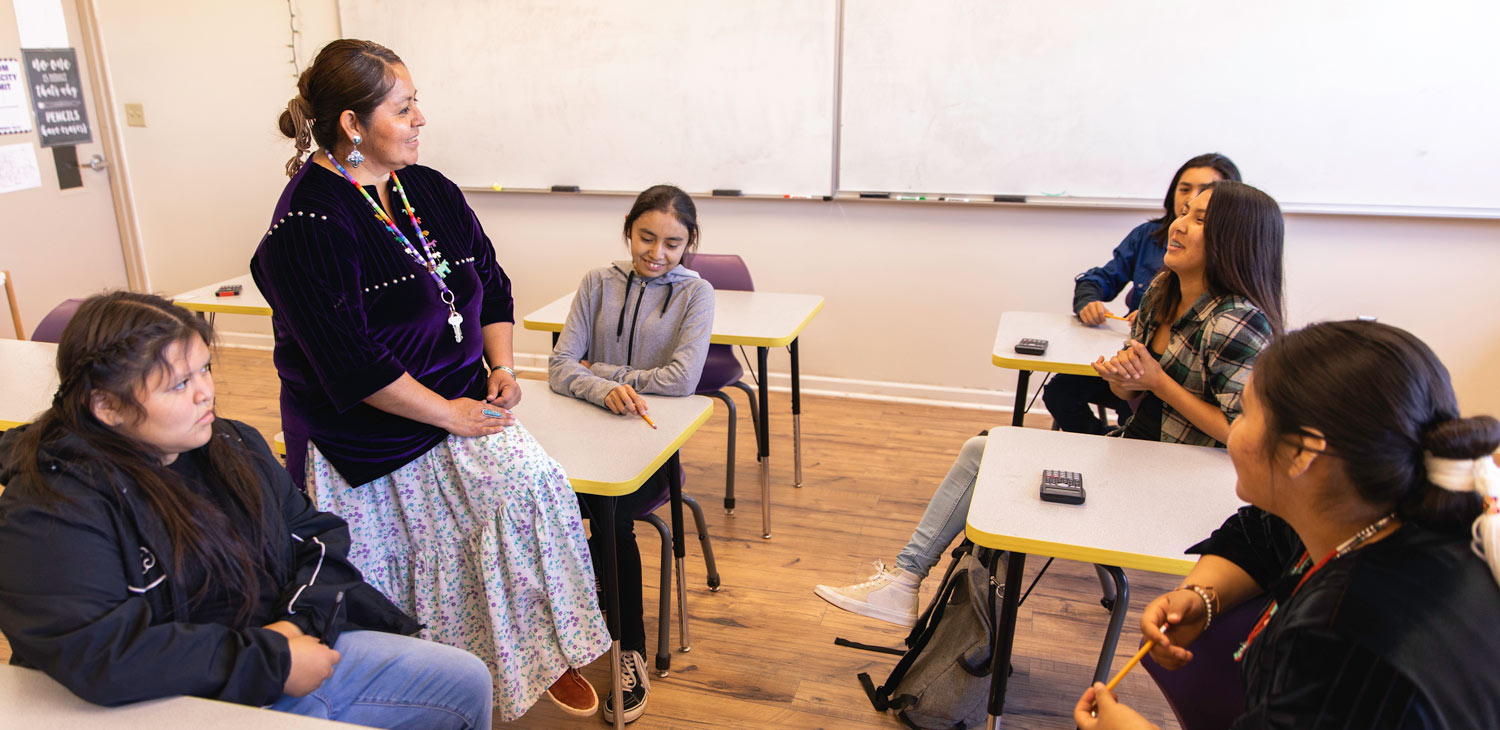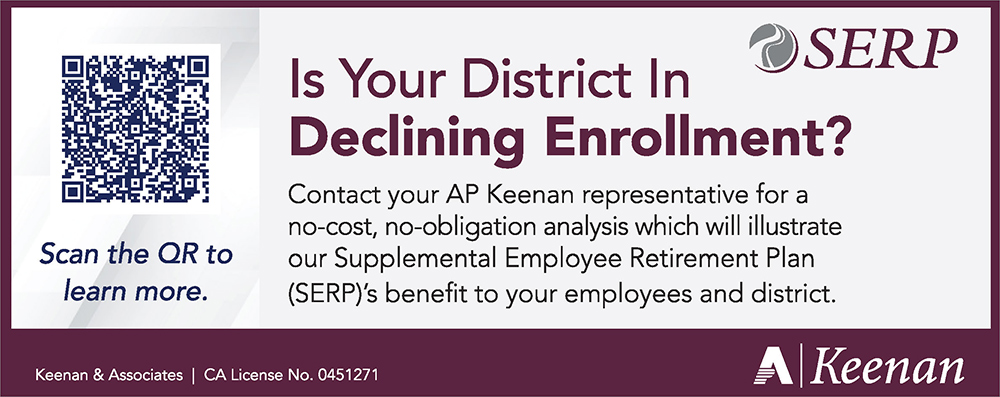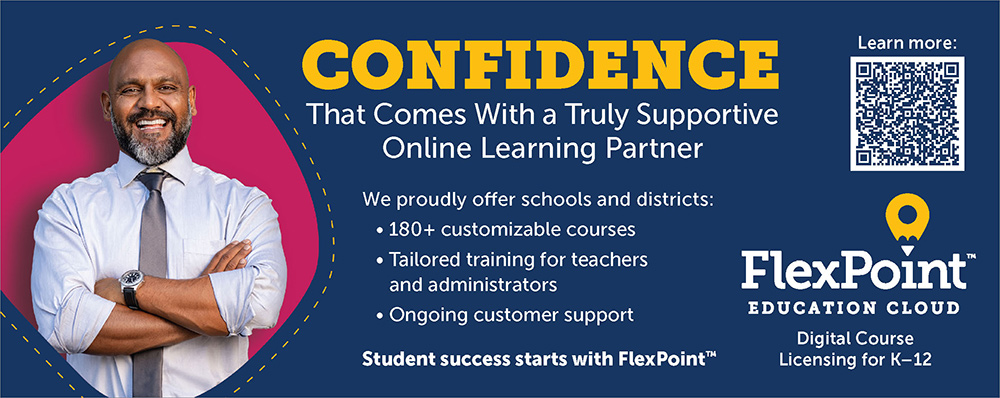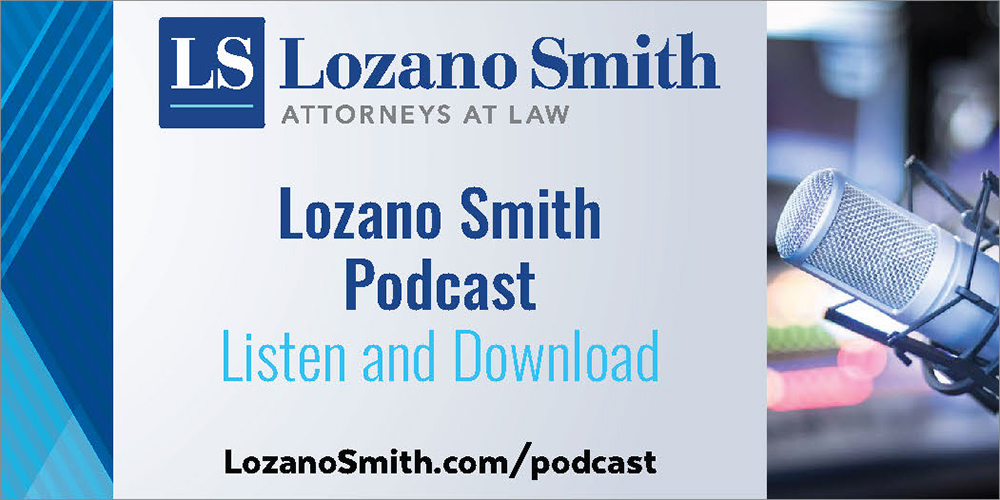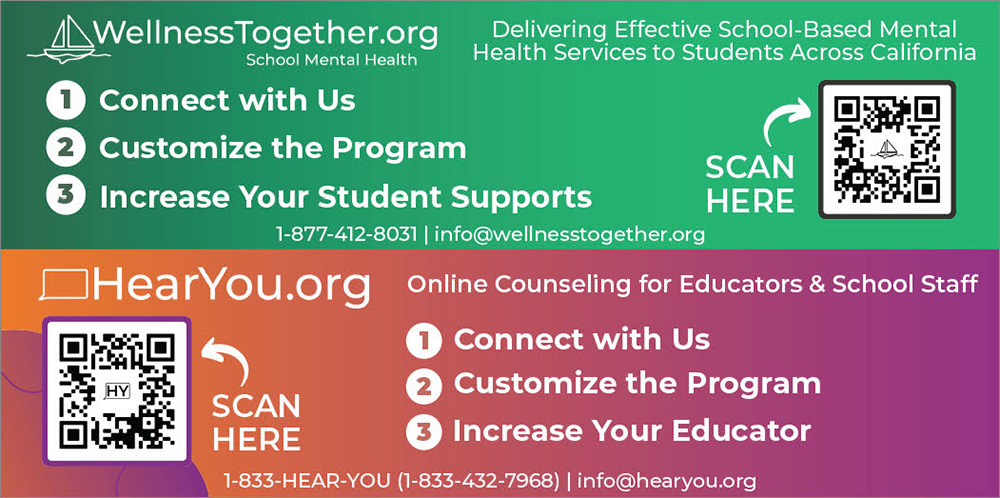Assessments
California assessments results show declines
Comparative cohort data finds hope for intervention efforts
State and national assessment data released on Oct. 24 confirms the decline in results that were expected in the first full administration of these tests since the COVID-19 pandemic sent the world into turmoil.
California Assessment of Student Performance and Progress (CAASPP), also known as Smarter Balanced Summative Assessments, data for the 2021–22 academic year show the impact of the pandemic on student achievement, with less than half of students (47 percent) meeting or exceeding standards for English language arts (ELA) — a 4-percentage point drop from 51 percent in 2018–19, before the public health crisis. The rate of students who met or exceeded math standards fell 7 percentage points from 40 percent to 33 percent between 2018–19 and 2021–22. However, some results hint that efforts to support academic recovery, such as expanded learning opportunities, are helping.


CSBA Legal Services partners with LexisNexis to create legal reference book for educators
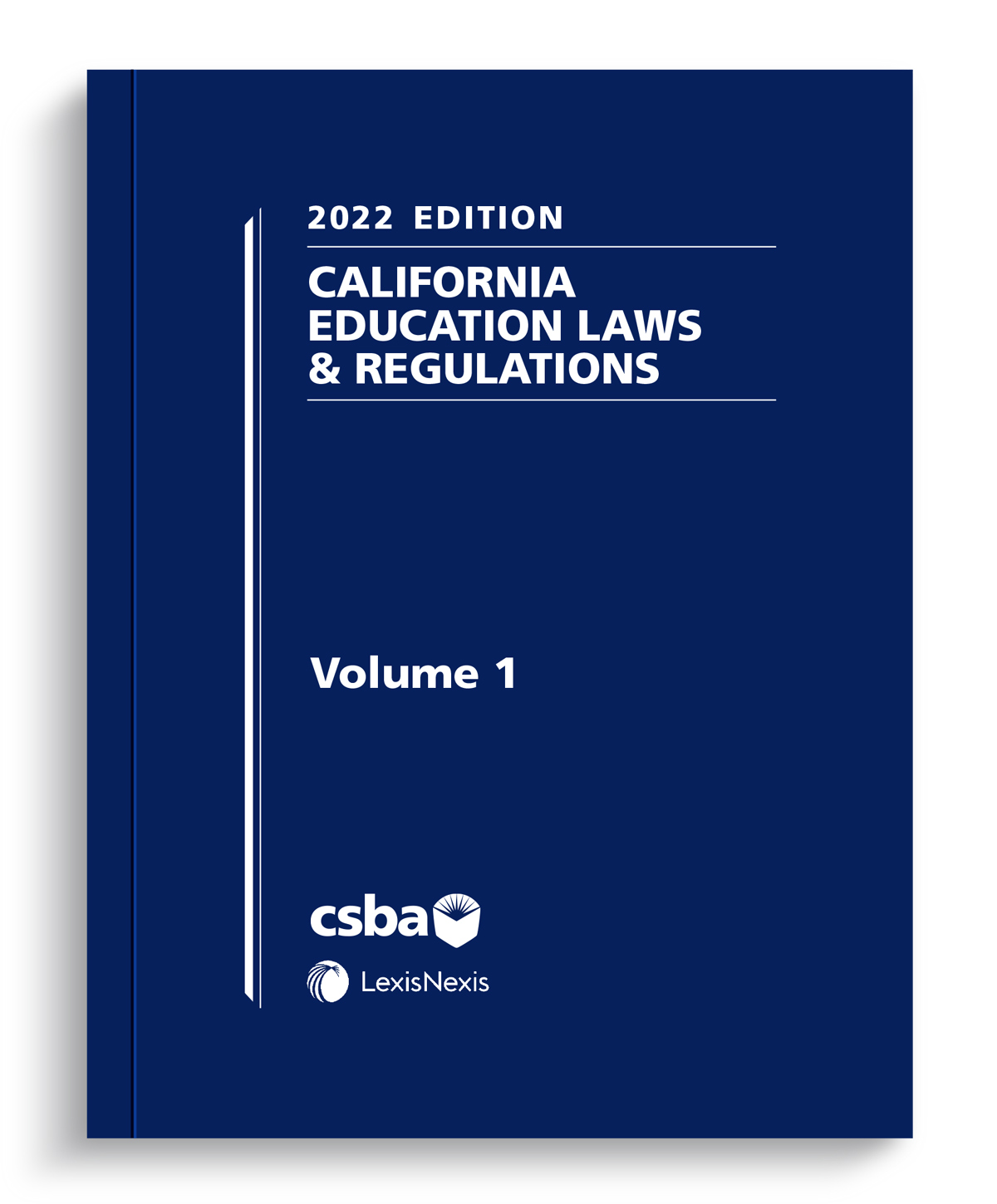
LexisNexis — a global data and analytics company that provides one of the premier online legal research platforms in the world and is a leading publisher of legal reference books — produced a book of education laws in 2021. The original publication included portions of the Education Code along other statutes related to K-12 education, but it didn’t encompass the entire range of legal issues that board members face.

Troy Flint | tflint@csba.org
Editorial Director:
Kimberly Sellery | ksellery@csba.org
Marketing Director:
Andy Rolleri | arolleri@csba.org
Staff Writers and Contributors:
Alisha Kirby | akirby@csba.org
Heather Kemp | hkemp@csba.org
Teresa Machado | tmachado@csba.org
Kristin Lindgren | klindgren@csba.org
Meghan Russell | mrussell@csba.org
Graphic Design & Branding Director:
Kerry Macklin | kmacklin@csba.org
Senior Graphic Designer:
Amanda Moen | amoen@csba.org
Dr. Susan Heredia | Natomas USD
President-elect:
Susan Markarian | Pacific Union ESD
Vice President:
Albert Gonzalez | Santa Clara USD
Immediate Past President:
Xilonin Cruz-Gonzalez | Azusa USD
CEO & Executive Director:
Vernon M. Billy
California School News (ISSN 1091-1715) is published 11 times per year by the California School Boards Association, Inc., 3251 Beacon Blvd., West Sacramento, CA 95691. 916-371-4691. $4 of CSBA annual membership dues is for the subscription to California School News. The subscription rate for each CSBA nonmember is $35. Periodicals postage paid at West Sacramento, CA and at additional mailing office. POSTMASTER: Send address changes to California School News, 3251 Beacon Blvd., West Sacramento, CA 95691.
News and feature items submitted for publication are edited for style and space as necessary.


Suzanne’s untimely passing devastated me and all those who knew her well. Suzanne was full of the curiosity, joy and passion we hope to nurture in all California students, and it seemed she had so much life left to live. So, when I succeeded Suzanne as CSBA President in the spring of 2021, my ascension came at time of great loss for the organization and for the world at-large as we coped with the impact of the COVID-19 pandemic.

As the 10th anniversary of the enactment of the Local Control Funding Formula approaches, schools are facing a new political reality — the vast majority of legislators who voted for the new formula in 2013 are no longer in office. This leaves little institutional memory as to the importance of LCFF and why it was established. Local educational agencies should not lose sight of the critical role LCFF plays in education funding with a focus on equity.
With the Newsom Administration and legislative leadership already at work developing the 2023–24 budget, CSBA is looking back at the adoption of LCFF ahead of the advocacy needed to ensure a new generation of state leaders prioritizes the formula and its principles of equity and local control.
Proposed by Gov. Jerry Brown in 2012 and passed by the Legislature in 2013, LCFF was a paradigm shift in public school funding. It shifted state education funding away from a vast array of categorical programs and toward a system in which funding is allocated based on student needs and that would allow for both accountability and maximum flexibility at the local level.

Second-round nominations closed on Oct. 20, and there were no new candidates nominated for either office.
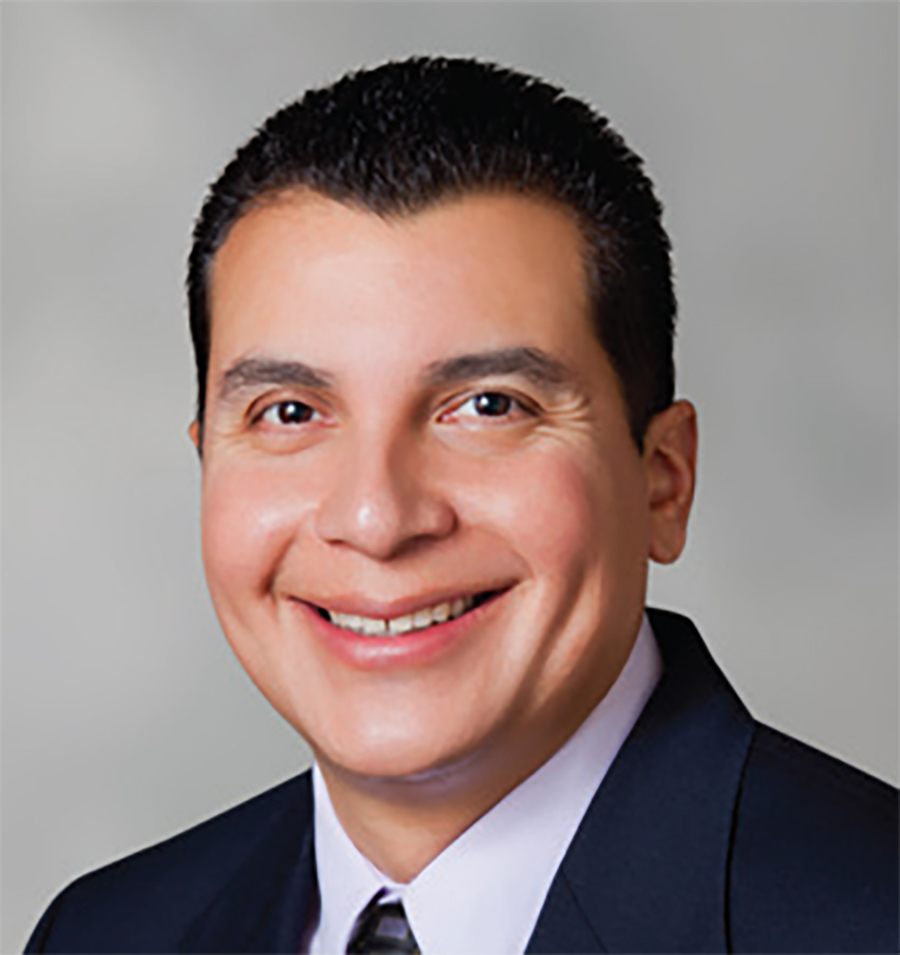
Albert Gonzalez
President-elect
Spanning parts of Del Norte and Humboldt counties, the Yurok tribe — one of more than 100 federally recognized Tribal Nations in California — has sought to reverse that loss through language education.
There are many benefits to language preservation. According to the Intercultural Development Research Association, doing so helps children value their culture and heritage, which contributes to a positive self-concept. Additionally, students who learn to speak multiple languages have higher academic achievement.

The first page of an interim report is a certification of the agency’s fiscal condition as Positive, Qualified or Negative, and is designated by placing an X in front of the appropriate certification.

In March 2020, in response to the COVID-19 pandemic, Gov. Gavin Newsom issued several executive orders that suspended many of the Brown Act requirements and allowed for board meetings to be conducted remotely. In September 2021, as the executive orders were set to expire and the COVID-19 pandemic carried on, the Legislature passed Assembly Bill 361, which added to the Brown Act an option for fully remote meetings during a declared State of Emergency. Most recently, the Legislature passed AB 2449, which added a third remote meeting option with a distinct set of requirements.
November is National Homeless Youth Awareness Month, but Monterey Peninsula Unified School District has been hard at work all year to support some of its most vulnerable students through a program that is the first of its kind in California, according to the district.
Families of students who are experiencing homelessness can access emergency short-term housing through a partnership the local educational agency has established with Motel 6.
Since its approval by the school board in April, Donnie Everett, the LEA’s assistant superintendent of Multi-Tiered System of Supports, estimates they have served between 30 and 40 students and families by providing them a three-night stay at one of two area Motel 6 locations as well as support in finding a more long-term housing solution.

While high academic achievement for every student is a top priority for districts and county offices of education, paramount to this goal is the safety of students whose care has been entrusted to board members, administrators and teachers.
According to the National Institute of Justice Journal’s article “What Do the Data Reveal About Violence in Schools?” published in 2020, levels of overall violence declined from 1992 to 2017, with trends that pointed to decreases in violent crime, serious violent crime and bullying in schools. However, the article also found an increase in multiple-victim homicide incidents. A more recent report issued by the National Center for Education Statistics in 2021 found that there were “93 school shootings with casualties at public and private elementary and secondary schools in 2020–21, the highest number since 2000–01,” recognizing that some occurred on school campuses during COVID-19 remote instruction. The 2021 report also found an increase in incidents of cyberbullying, verbal abuse of teachers, student acts of disrespect for teachers, and widespread disorder in the classroom. And sadly, the violence seems to be getting worse. Education Week’s 2022 “School Shooting Tracker” states that “there have been 40 school shootings this year that resulted in injuries or deaths, the most in a single year since Education Week began tracking such incidents in 2018.” These statistics include the most recent school shooting, which occurred in St. Louis on Oct. 24.

Local boards in CSBA’s 21 regions will participate in the 2023 Delegate Assembly elections between Feb. 1 and March 15. Those elected will serve two-year terms from April 1, 2023, through March 31, 2025. There are two Delegate Assembly meetings each year — one in May in Sacramento and one preceding CSBA’s Annual Education Conference and Trade Show, which typically alternates location between Northern and Southern California.

A packed agenda at the Oct. 13–14 California Commission on Teacher Credentialing meeting saw the adoption of two milestone markers on the road to replacing the Reading Instruction Competence Assessment (RICA) and establishing a new credential for teachers of grades PK-3. The meeting also saw approval of the first annual report to the Legislature on teacher misassignments and determination of cut scores for revised assessments.
County offices of education can help diversify and improve school-based services
County offices of education play an important role in helping local schools improve and expand mental health supports for students. In Solano County, officials are working to ensure mental health and wellness services are as diverse as the students who rely on them.
“Solano County Office of Education provides a robust collection of resources to support Solano schools in enhancing school safety plans with emphasis on preparedness, prevention, intervention, response and recovery. Mental health and wellness supports for students are key components to prevention, intervention and response,” said Solano Superintendent Lisette Estrella-Henderson. “Addressing student mental health and wellness as well as school safety should include systems of interventions and supports that involve all school employees, public safety and other cross-sector partners such as county behavioral health, students, parents and guardians. Each child is unique and their barriers to learning and life experiences are unique, so there is no one-size-fits-all approach to supporting the mental health and wellness needs of every student. Diversifying our supports allows us to be more flexible and responsive to the specific needs of each child.”
Dec. 1–3
2022 Annual Education Conference | San Diego
County Board Governance Workshop | Sacramento

Thanks for reading our November 2022 newsletter!

